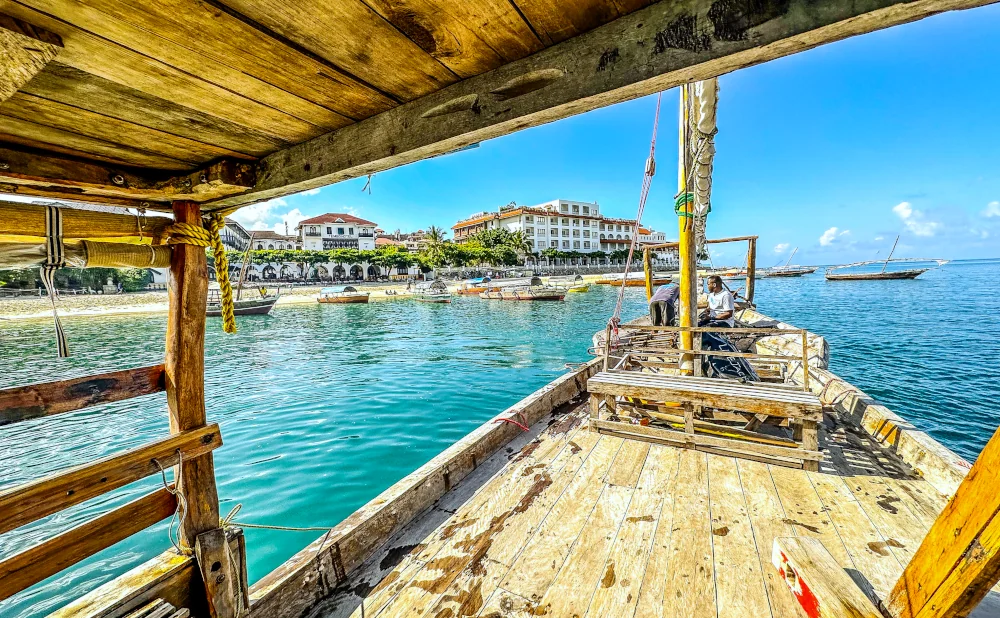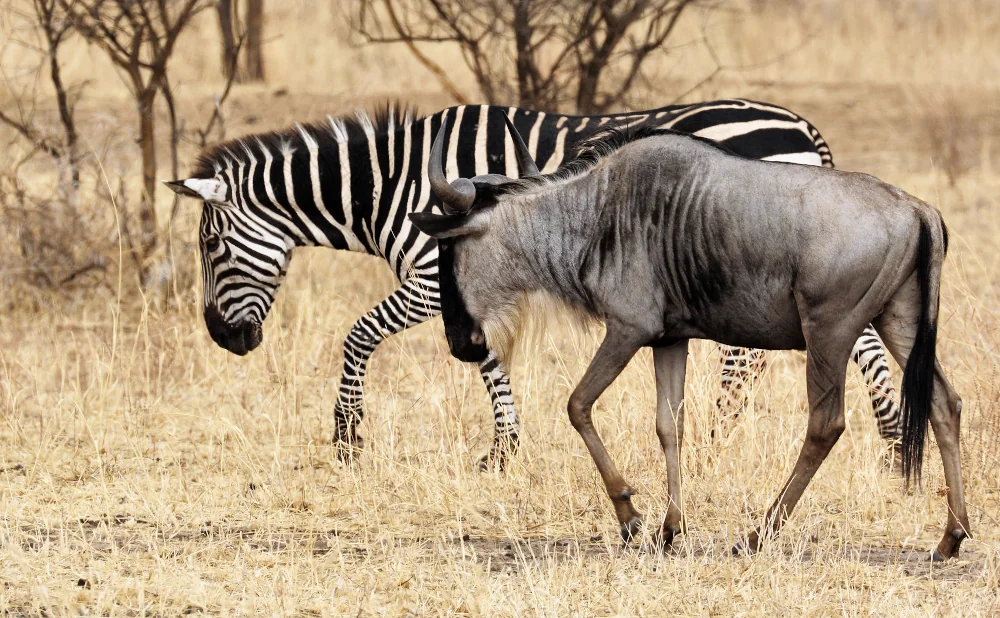what is the language spoken in tanzania
What is the Language Spoken in Tanzania?
Tanzania, a country in East Africa, is known for its rich cultural heritage and diverse linguistic landscape. Language plays a crucial role in Tanzania's identity, with a multitude of languages spoken across the nation. But what language is predominantly spoken in Tanzania, and what does this diversity mean for its people? In this article, we'll explore the primary language of Tanzania, delve into its linguistic diversity, and discuss the importance of language preservation.
The Swahili Language: Tanzania's Lingua Franca
Swahili, or Kiswahili as it is known locally, is the national language of Tanzania and serves as a unifying tongue for its people. It is widely spoken across the country and is one of the official languages of Tanzania, alongside English. Swahili is not only used in daily communication but also serves as the primary language of instruction in Tanzanian primary schools and is used in government and media.
Origins and Spread of Swahili
Swahili is a Bantu language with significant influences from Arabic, owing to centuries of trade between Arabs and East Africans along the Swahili Coast. Over time, Swahili has absorbed words from other languages such as Portuguese, German, and English, reflecting Tanzania's historical interactions with various cultures.
Today, Swahili is spoken by millions of people in Tanzania and other East African countries, including Kenya, Uganda, and parts of the Democratic Republic of the Congo. Its status as a regional lingua franca facilitates communication and trade in the region.
The Rich Tapestry of Tanzanian Languages
Beyond Swahili, Tanzania is home to over 120 indigenous languages, making it one of the most linguistically diverse countries in Africa. These languages belong to several different language families, including Bantu, Nilotic, and Cushitic, among others.
Indigenous Languages of Tanzania
Some of the widely spoken indigenous languages in Tanzania include:
Chaga: Predominantly spoken by the Chaga people of the Kilimanjaro region.
Haya: Spoken by the Haya people near the shores of Lake Victoria.
Makonde: Used by the Makonde people in the southern part of the country.
These languages are an integral part of the cultural identity of their respective communities, carrying with them rich traditions, oral histories, and unique worldviews.
The Role of Indigenous Languages
While Swahili serves as the national language, indigenous languages play a crucial role in maintaining cultural heritage and identity. They are often used in informal settings, such as at home and in local communities, preserving traditional knowledge and practices.
However, the prevalence of Swahili and English in education and official settings has led to concerns about the erosion of indigenous languages, as younger generations may not learn them fluently.
Language Preservation Efforts in Tanzania
With the risk of language loss, efforts have been made to preserve Tanzania's linguistic heritage. Language preservation is vital for maintaining cultural diversity and ensuring that future generations have access to their ancestral languages.
Government and Community Initiatives
The Tanzanian government, along with various non-governmental organizations, has initiated programs to promote and preserve indigenous languages. These initiatives often involve documenting languages, creating educational materials, and encouraging the use of indigenous languages in schools and communities.
The Role of Technology
Technology plays an increasingly important role in language preservation. Digital platforms, such as mobile apps and online dictionaries, provide resources for learning and documenting indigenous languages. Social media and online communities also offer spaces for speakers to connect and share their languages with a wider audience.
The Importance of Language Preservation
Language is more than just a means of communication; it is a repository of cultural knowledge and identity. Preserving Tanzanian languages is essential for maintaining the cultural richness and diversity that defines the nation.
Cultural Identity and Heritage
Indigenous languages carry with them stories, traditions, and knowledge that are unique to each community. By preserving these languages, Tanzania can ensure that its cultural heritage is passed down to future generations, fostering a sense of pride and belonging.
Linguistic Diversity and Global Perspectives
Tanzania's linguistic diversity contributes to a broader understanding of the world's languages and cultures. By preserving its languages, Tanzania adds to the global tapestry of linguistic diversity, offering unique perspectives and insights into the human experience.
Tanzania's linguistic landscape is a testament to its rich cultural heritage and diversity. Swahili serves as the national language, uniting the people of Tanzania, while the country's multitude of indigenous languages reflects its vibrant cultural tapestry. Language preservation efforts are crucial in maintaining this diversity and ensuring that future generations can access their cultural heritage.
As Tanzania continues to develop and modernize, balancing the use of Swahili and English with the preservation of indigenous languages will be key to maintaining its cultural identity and promoting linguistic diversity. By valuing and preserving its languages, Tanzania can ensure that its cultural richness continues to thrive in an ever-changing world.











